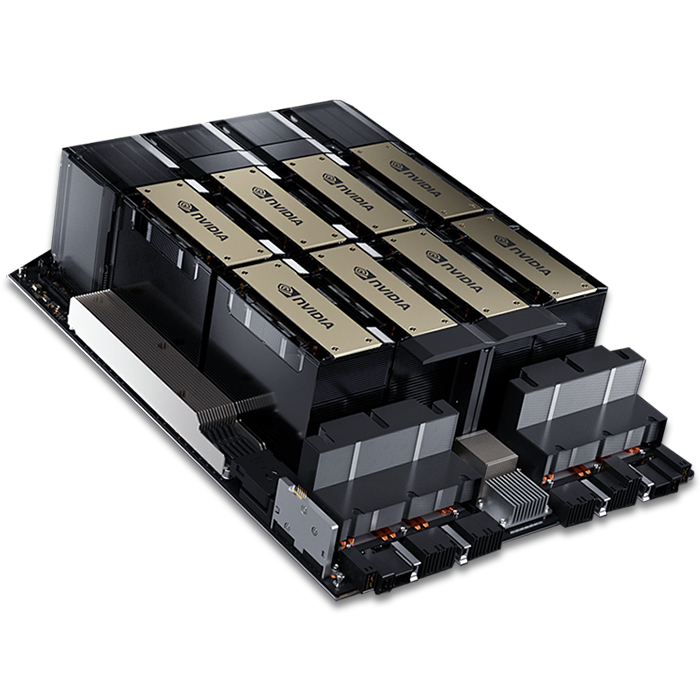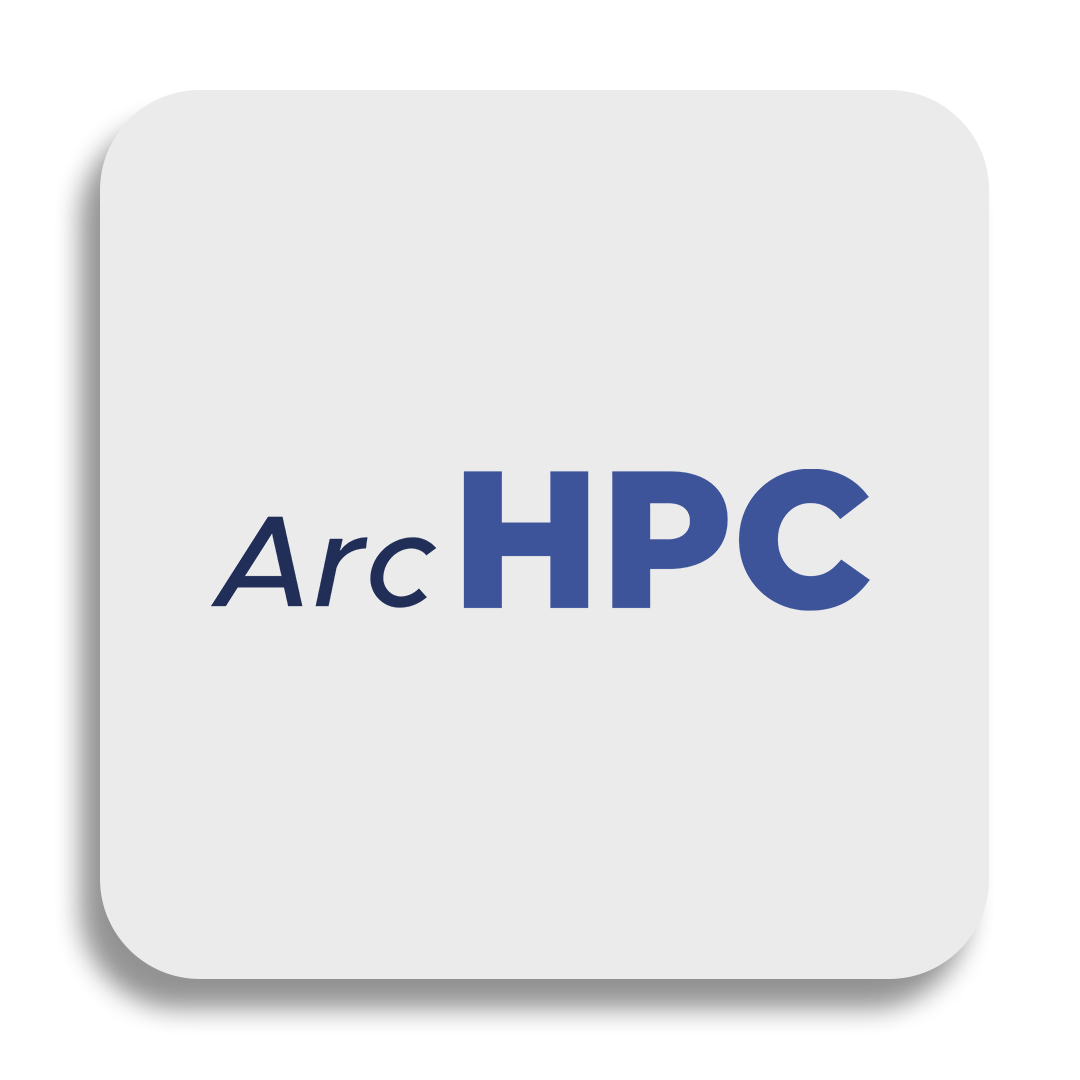The deployment of Artificial Intelligence (AI) in healthcare continues to revolutionize the industry, driving advancements that improve the efficiency, accuracy, and accessibility of medical services. With AI's integration across various facets of healthcare—from data management to clinical operations and diagnostic technologies—patient care is being transformed, offering a more efficient, precise, and patient-centric approach.

Enhanced Data Analysis with AI
The ability of AI to manage and interpret both structured and unstructured healthcare data is pivotal in modern healthcare. Dr. Taha Kass-Hout highlights AI's capability to structure and index vast datasets, enhancing their usability for healthcare professionals, which is crucial for leveraging the 97% of healthcare data that goes unused because it's unstructured (HealthTech Magazine, 2023). Jay Baer underscores the transformative impact of AI by stating, "We are surrounded by data, but starved for insights," emphasizing the necessity of AI in deriving actionable insights from vast data pools (CareerFoundry, 2023).
Moreover, the integration of AI in healthcare analytics is significantly improving disease prediction and management. According to a report from StartUs Insights, AI-powered big data analytics enable early disease detection by rapidly discerning relevant information from large amounts of medical data, thus facilitating timely interventions and improving patient care outcomes (StartUs Insights, 2023).

Improving Clinical Operations
AI's automation of routine, repetitive tasks in clinical settings is freeing up medical professionals to focus more on patient care. McKinsey reports that AI supports a shift from hospital-based care to more flexible, home-based care models by enabling technologies like remote monitoring and virtual assistants, thus enhancing patient management and care continuity (McKinsey, 2023). Further, the use of natural language processing (NLP) technologies is making medical care more accessible by improving communication between patients and healthcare systems using conversational AI, enhancing the overall patient experience (HealthTech Magazine, 2022).
In addition, AI-driven systems are increasingly being used to streamline clinical workflows and improve the efficiency of healthcare delivery. Dr. Juan Rojas from the University of Chicago explains how AI tools are now integral in clinical settings, significantly outperforming traditional tools like the Modified Early Warning Score (MEWS) for detecting clinical deterioration (AHA, 2023).

Advancements in Diagnostic Technologies
The greatest impact of AI in diagnostics has been in imaging and pathology. AI algorithms are now routinely used to enhance the detection and analysis of imaging data, thereby improving the accuracy of diagnoses. Dr. Rojas notes that AI-based assistance for lung nodule detection on CT scans is one of the most significant advancements in this area, improving the early detection of lung cancer (AHA, 2023).
AI is also revolutionizing the field of pathology by automating the analysis of tissue samples, which enhances the speed and accuracy of cancer diagnoses. These systems can analyze samples much faster than human pathologists, reducing the time for diagnosis and enabling quicker treatment decisions (BMC Medical Education, 2023).
As Artificial Intelligence (AI) continues to revolutionize healthcare, the role of Graphics Processing Units (GPUs) in supporting AI technologies has become increasingly pivotal. Originally designed for complex graphics and visual data processing, GPUs are now integral in accelerating the computational capabilities required for AI applications in healthcare.

Impact of GPU Infrastructure on AI in Healthcare
GPUs significantly enhance the speed and efficiency of AI algorithms, crucial for tasks such as processing large datasets, running complex simulations, and performing real-time data analysis. These capabilities are essential in healthcare settings where AI models must analyze vast amounts of medical imaging data, genetic information, and electronic health records to assist in diagnostics and treatment planning.
For instance, in medical imaging, the use of GPUs allows for quicker processing of high-resolution images such as MRIs and CT scans. This acceleration is vital for implementing technologies like deep learning, which can identify patterns and anomalies that may be invisible to the human eye. "Performance, programming productivity, and open accessibility are essential to create a new AI computing [platform]," noted by NVIDIA, highlighting how GPUs speed up AI applications and support continuous innovation necessary in the healthcare industry (NVIDIA Blog, 2023).
Moreover, the real-time analysis capability of GPUs is crucial for critical healthcare applications, such as monitoring systems in intensive care units where patient data must be analyzed promptly to make life-saving decisions. Vincent Liu, MD, from Kaiser Permanente emphasized the potential of AI to improve patient care, stating, "There is a stage at which regulations can stifle some of the innovation [that AI might advance]... There is a role for providing a safe harbor [from certain regulations] so that we can use our best data to improve our patients' care" (aiin.healthcare, 2023). This underscores the importance of regulatory flexibility to fully leverage GPU-accelerated AI in healthcare.
NVIDIA's BioNeMo technology was highlighted at their GTC 2024 event, showcasing its impact on accelerating the drug discovery process through AI-driven models. Jensen Huang, NVIDIA's CEO, emphasized the significance of this technology, stating, "It turns out that we’ve digitized a lot of things: Proteins and genes and brainwaves. Anything you can digitize, so long as there’s structure, we can probably learn some patterns from it. And if we can learn the patterns from it, we can understand its meaning. If we can understand its meaning, we might be able to generate it as well. And so therefore, the generative revolution is here" (NVIDIA Blog, 2023).
The continuous advancements in GPU technology also make AI more accessible and cost-effective for healthcare providers. As GPU technology becomes more advanced, its cost-efficiency ratio improves, enabling smaller healthcare facilities to adopt AI solutions that were previously only feasible for larger institutions with significant resources.
The integration of GPU infrastructure in healthcare AI systems is a key enabler of the rapid advancements in medical technology. By providing the necessary computational power to handle extensive datasets and complex algorithms, GPUs are crucial for the development and implementation of AI-driven tools that improve diagnostics, enhance patient care, and optimize operational efficiency in healthcare settings.
AI in healthcare represents a transformative shift towards more data-driven, efficient, and patient-focused medical practices. It is enhancing data analysis, optimizing clinical operations, and advancing diagnostic technologies, thereby improving patient outcomes and healthcare delivery. As AI continues to evolve, its integration into healthcare systems worldwide is expected to drive significant improvements, marking a new era in medical care.



